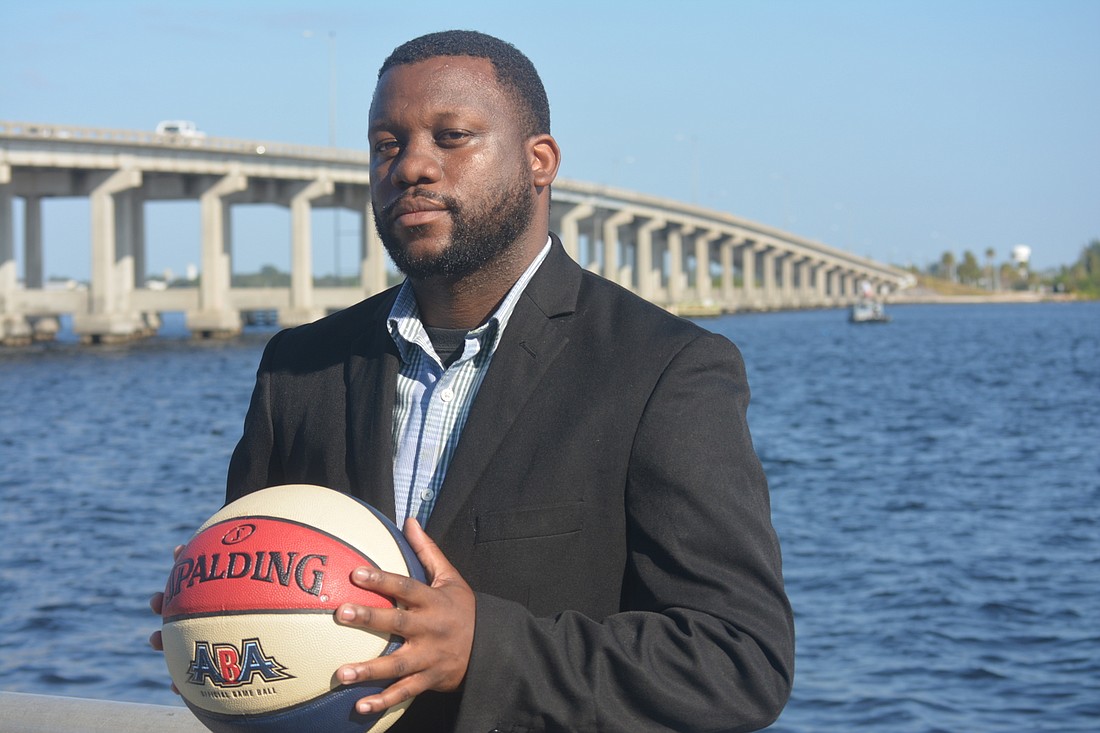- December 15, 2025
-
-
Loading

Loading

Andre Spivey is a big thinker.
He brought professional basketball to Sarasota through his ownership of the Sarasota Manatee basketball team of the American Basketball Association. He’s developed several educational apps for children with autism. Through his company, Tampa-based Spivey Land & Finance Group, he owns land in such places as Florida, Indiana, Texas and Michigan.